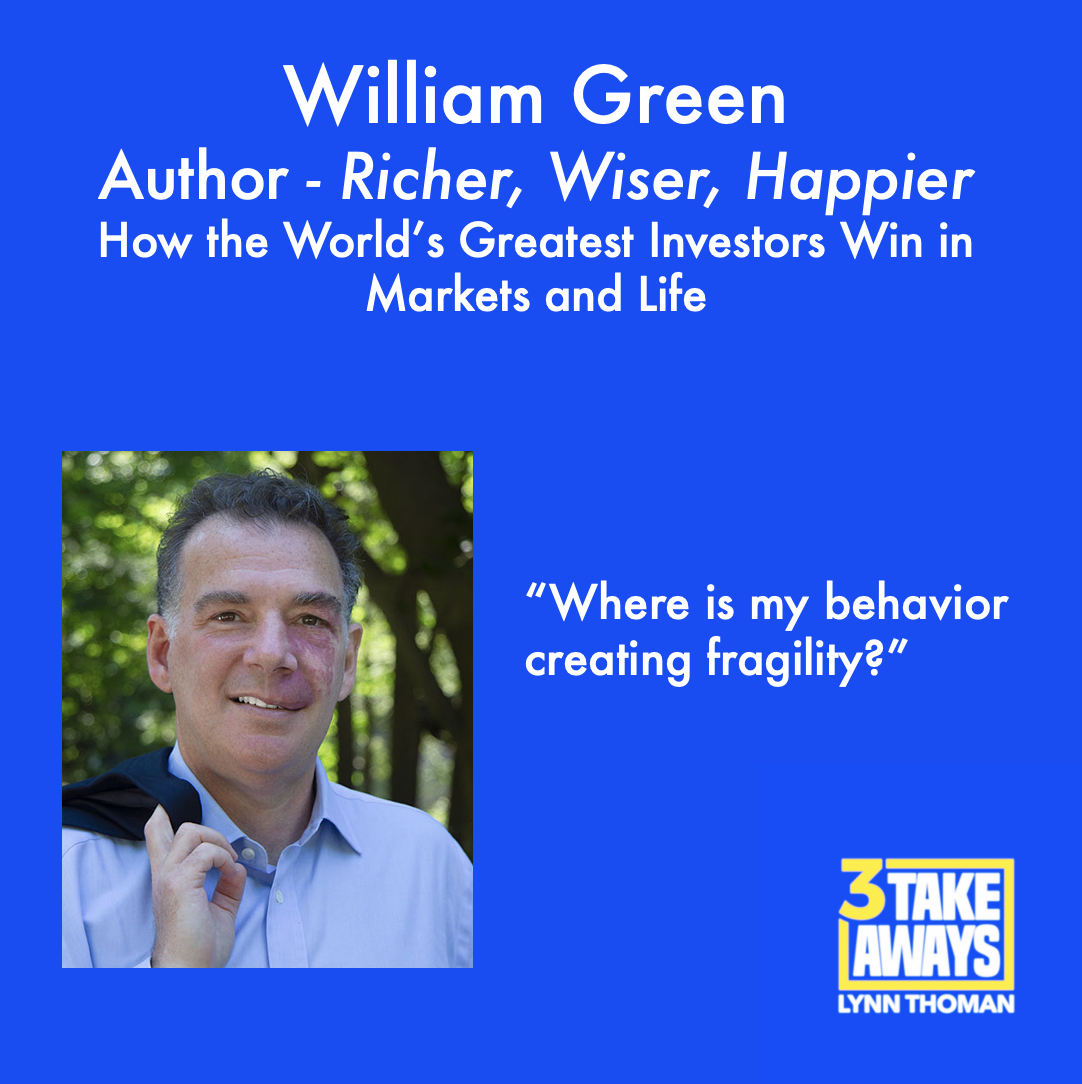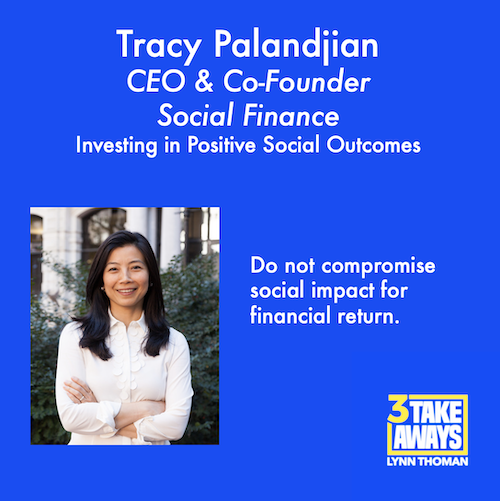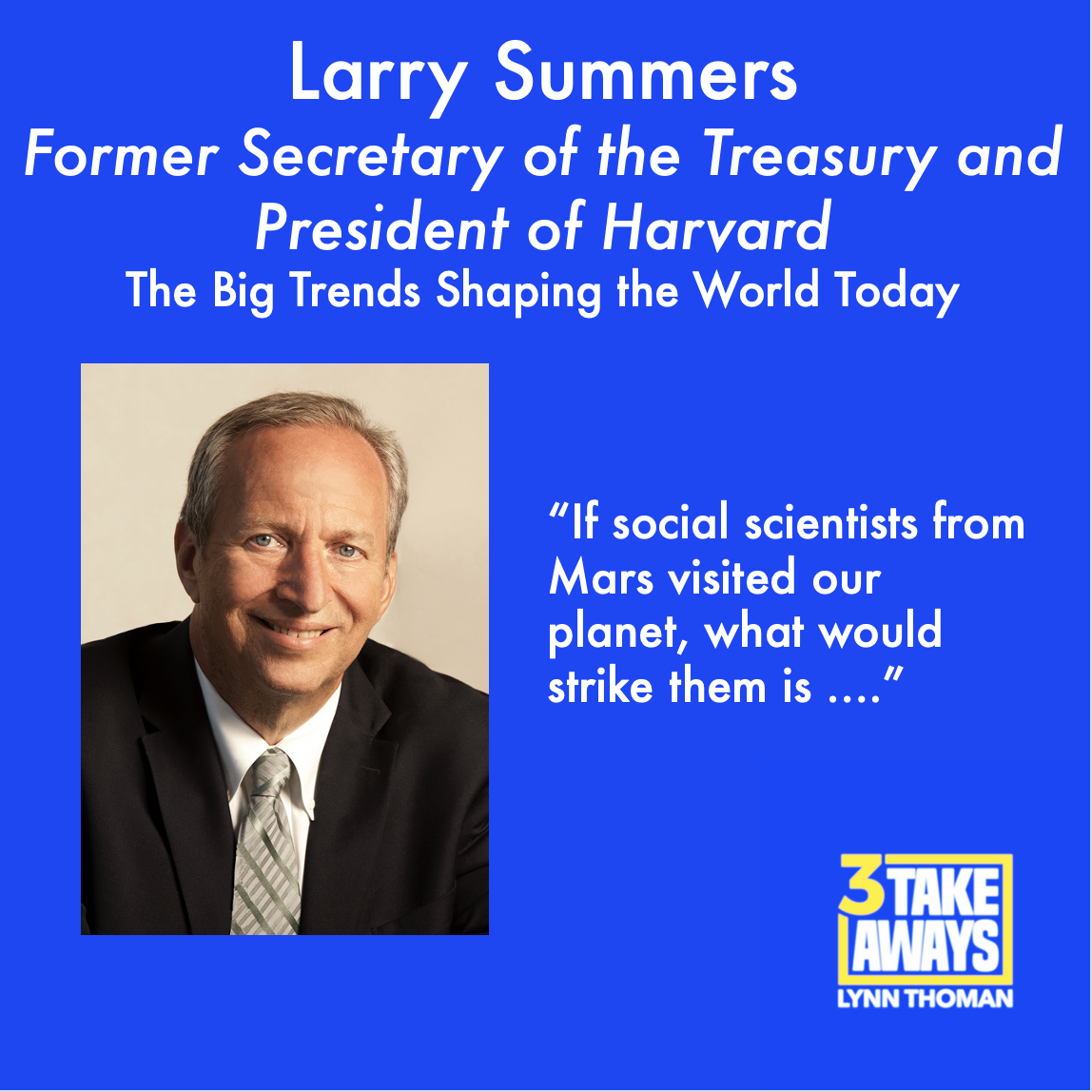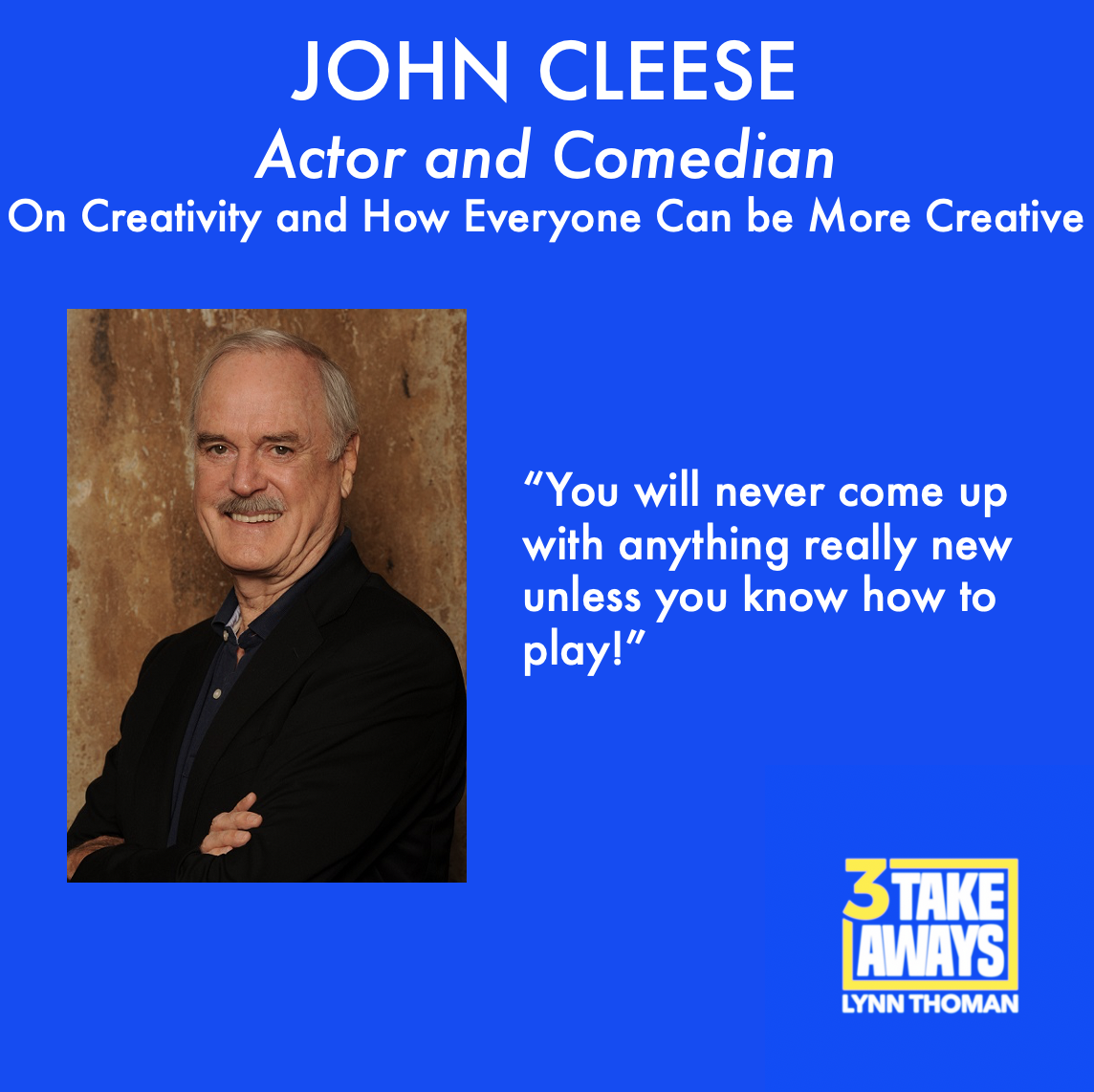
What Leaders and Corporate Boards Can Learn From Boeing’s Mistakes: Harvard Business School’s Sandra Sucher
Boeing’s fall from grace didn’t happen overnight. Sandra Sucher shares five key mistakes made by the CEO and the board of directors.
Her upcoming book is The Power of Trust.

How to Get People to Say Yes: The Godfather of Influence Dr. Robert Cialdini
Warren Buffett recommends Dr. Robert Cialdini’s book Influence, which has sold over 5 million copies, as one of the best business books of all time. Dr. Cialdini shares his latest findings on how we can all use the tactics of influence and persuasion to get people to say “yes” to us. He recently published a new version of Influence.

The Science of Getting from Where You Are to Where You Want to Be: Katy Milkman
Wall Street Journal best-selling author Katy Milkman shares science-based ways to create change in our lives. She is a professor at the Wharton School at the University of Pennsylvania and author of How to Change: The Science of Getting From Where You Are to Where You Want to Be.

How the World’s Greatest Investors Win in Markets and Life: William Green
William Green shares investing and life lessons from the world’s legendary investors. Learn the surprisingly simple rules they follow to stack the odds in their favor in both investing and in life. Discover their common approaches to investing, such as sublime indifference to crowd sentiment. William Green is the author of Richer Wiser Happier.

The Empathy Diaries and How Tech Changes Us and Our Relationships: MIT’s Sherry Turkle
Founding director of the MIT Initiative on Technology and Self Sherry Turkle shares her personal discoveries with empathy and how tech changes our relationships. She also reveals the implications of constant connection and artificial intimacy.

Losing Trust & Faith in Institutions - Why It’s Happening and the Unexpected Consequences: Yuval Levin
Yuval Levin, Director of Social, Cultural, and Constitutional Studies at the American Enterprise Institute and founding editor of National Affairs, talks about the collapse of trust in our institutions – public, private, civic and political – and its surprising consequences. He explains why it has happened and how we can rebuild lost trust.

Investing in Positive Social Outcomes with Social Impact Bonds: Tracy Palandjian
Learn from Tracy Palandjian, CEO and co-founder of Social Finance, about using impact investing and social impact bonds for a wide range of social purposes from improving high school graduation to reducing recidivism. Social Finance is an impact investing and advisory nonprofit that has mobilized over $150 million to transform the lives of more than 20,000 individuals across a wide range of issue areas including workforce development, education, and health. To find out more visit socialfinance.org.

Harvard Business School’s Bill Sahlman: What I’ve Learned from Reading 10,000 Business Plans and Investing in Hundreds of Startups
Of the 10,000 business plans Bill Sahlman has read, only 3 companies met their plan. Find out what it takes to succeed. Entrepreneurs have to be really good at running tests and execution trumps idea. Jeff Bezos is the most effective experimentalist in history. Bill Gates did not invent word processing, the spreadsheet, or presentation graphics; rather he took ideas and out executed everyone else.

Former Secretary of the Treasury and President of Harvard, Larry Summers: The Big Trends Shaping the World Today
Former Secretary of the Treasury and President of Harvard Larry Summers talks about the defining trends of the 21st century, including how we are going to achieve collective solutions, the shift in the center of gravity of the world’s economy and culture to the east, the upcoming transformation in education, the hard choices facing the leading universities, and the exponential growth in what information technology will be capable of.

Nobel Laureate, Daniel Kahneman: His Latest Findings on "Noise" and Flaws in Human Judgement
Learn about Nobel Laureate Daniel Kahneman’s latest findings on “noise” and how there is more noise and flaws in human judgement than you think — Find out why you should see a doctor in the morning and go to court after lunch.

Tom Friedman: On the World Getting Flatter and More Fragile, and Elephants Flying
Tom Friedman, author, New York Times columnist, and winner of three Pulitzer Prizes, talks about the world getting flatter and more fragile; abolishing recessions and interrupting the natural laws of capitalism; why the U.S. needs a healthy Republican Party; and how the world AC (After Corona) will be very different from the world BC (Before Corona).

How Right and Wrong Change with Technology with Juan Enriquez
We all think we know what’s right and wrong but we don’t because right/wrong changes over time. Our great grandchildren might be shocked by people eating meat, and the risks of pregnancy, childbirth and unedited genes. Find out which things we're doing now that will be viewed as wrong, and learn about the almost inconceivable things that will become “right" because of new technology. Will genetic engineering of humans for space travel become acceptable? Bigger brains? More compact bodies? Different species of humans to increase our odds of survival?

Princeton Psychology Professor, Eldar Shafir: Why Having Too Little Makes People Perform Worse and Become More Impatient, Impulsive and Careless
Learn how scarcity of anything — money, food or social connections — affects our daily lives and leads us astray. Scarcity reduces both intelligence and control. Having too little preoccupies and taxes the mind, making life much harder. "Even smiling and being pleasant is hard when your mind is taxed. The employee snaps at rude customers ... The parent snaps at the child ... The server rings up the wrong item.” Learn about the latest cutting edge behavioral science to find out how the poor can escape the scarcity trap and how we can all manage scarcity for better satisfaction and success.

Harvard’s Chair of Astronomy, Avi Loeb: Why We Are Not Alone and Are Very Common Like Ants On A Sidewalk
Find out why Harvard’s Chair of Astronomy Avi Loeb says we are not alone in the universe and that there are more intelligent and sophisticated civilizations than ours. Learn about the evidence that we aren't the “smartest cookie in the jar.” Find out when we were visited by another civilization and how we can create life on other planets by launching what he calls "Noah's spaceship.”

Harvard Professor, Robert Waldinger: On What the Good Life Actually Looks Like Based on Harvard’s 75 Year Study
Find out what the good life actually looks like based on Harvard's 75 year study of over 700 men from when they were teenagers through old age, with director of the study, Robert Waldinger. Learn the single most important thing that keeps us healthy and happy as we go through life and predicts who will stay healthy longer and live longer.

John Cleese of Monty Python: On Creativity and How Everyone Can Be More Creative
John Cleese opens up about how he gets his best ideas and how everyone can be more creative. He also provides insights on comedy and humor.

Head of Columbia University’s Creative Machines Lab, Hod Lipson: On the Future of Artificial Intelligence
We are at an inflection point in artificial intelligence today. Find out what the next 3 waves of artificial intelligence will bring — including creativity and consciousness.

President of Pew Research Center, Michael Dimock: On the Attitudes and Trends Shaping America Today
Find out how what America is looking for in a leader has changed. In addition, not only are there doubts about the mechanics and logistics of the U.S. election, but also the American public is going into it with deeper doubts about the qualifications of the voters in the first place. Learn how Americans’ attitudes are shaping the country.

Yale Professor, Amy Chua: On How Group Identity and a Failure to Realize Its Importance Has Caused the Rise of Partisanship and the Failure of U.S. Foreign Policy
Find out how group identity has caused bitter partisanship in the U.S. and the failure of U.S. policies in Vietnam and other countries, from an original thinker who has received support from across the political spectrum. Learn how children as young as 4 years old identify with groups and consistently display systematic, unconscious bias toward other groups. Learn how America can move forward.

Former Google CEO, Eric Schmidt: On AI, Tech, COVID-19, and Making the World A Better Place
Find out how former Google CEO Eric Schmidt sees the future of artificial intelligence (AI) and tech. As leader of NY Governor Cuomo's COVID-19 task force, he’ll also provide insights on the world post-COVID, as well as the opportunities and talent that he is investing in through Schmidt Futures and his new podcast Reimagine.
